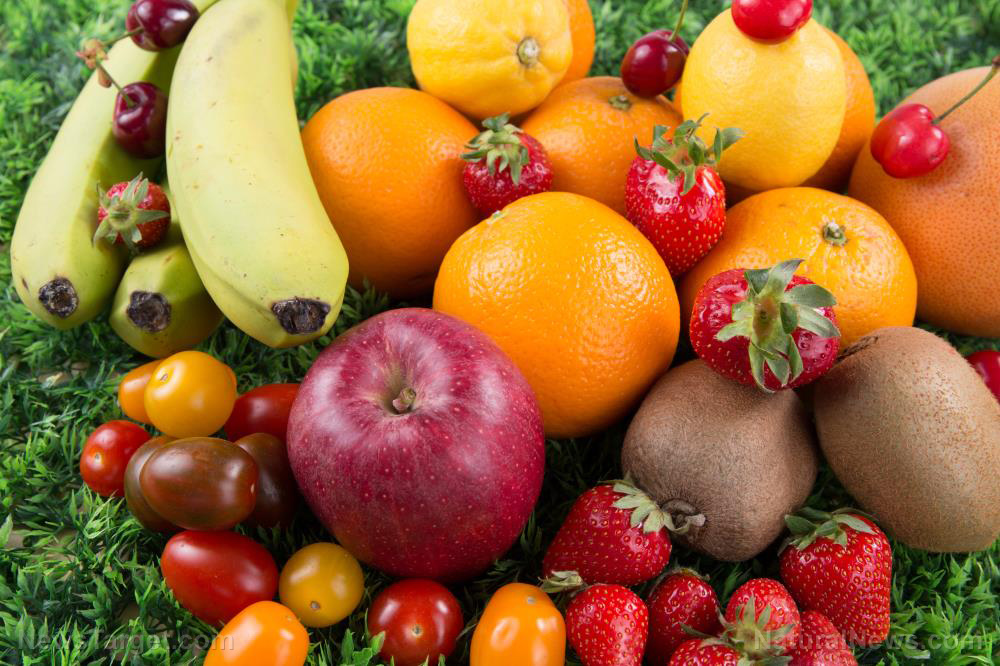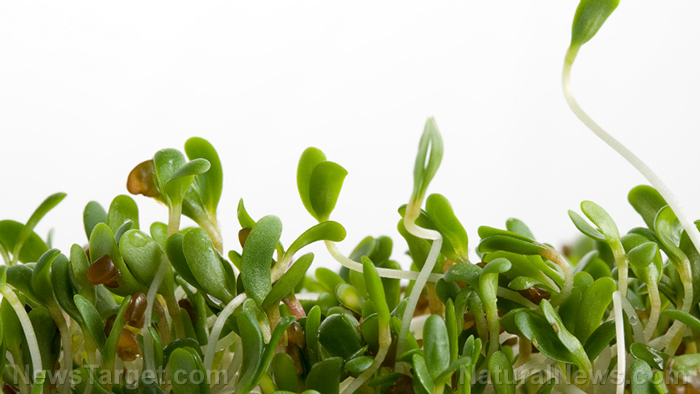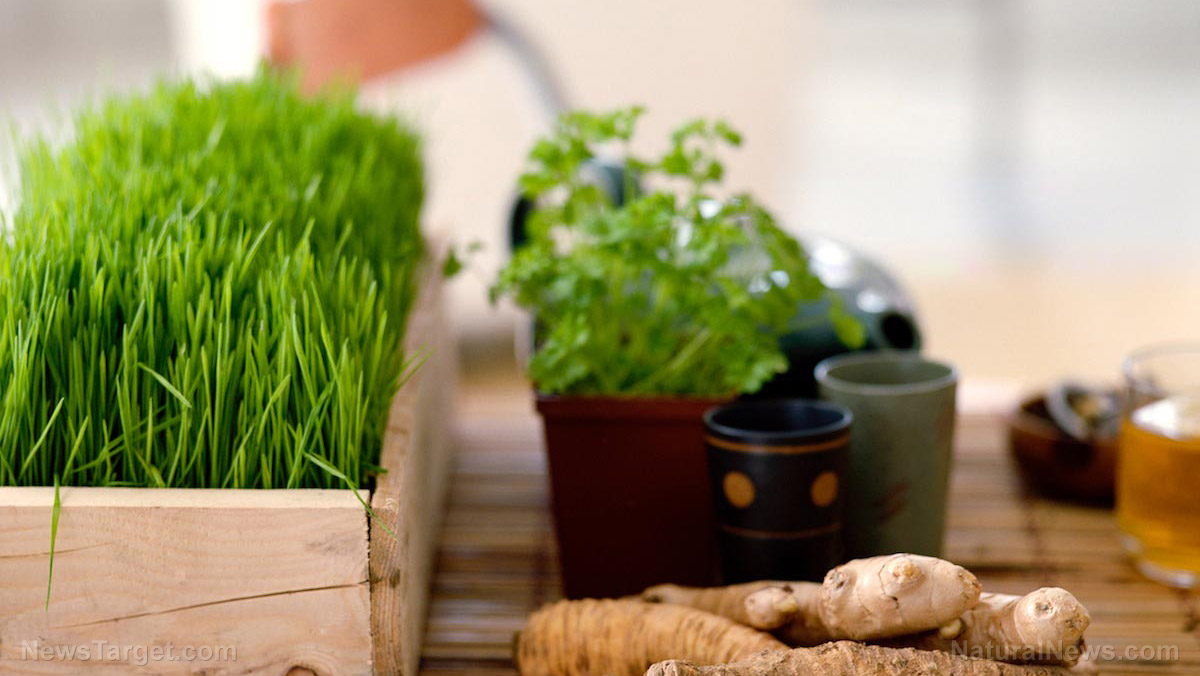A natural herbicide that really works
01/31/2019 / By Zoey Sky

Every homeowner wants to keep their gardens weed-free, but it’s always better to use natural weed killers that won’t harm the environment. One such option is a natural mix that contains distilled white vinegar and some salt. (h/t to AskAPrepper.com)
Vinegar for home gardening
Unlike commercial herbicides with toxic chemicals, distilled white vinegar is natural and won’t damage the environment. While a herbicide made with vinegar won’t work in some situations, its pros outweigh its cons, especially if you’re looking for a natural option that’s just as effective as a store-bought product.
For this herbicide, you need vinegar with an acidity level of five percent. Don’t go over or below this percentage, which indicates the amount of acetic acid in the vinegar.
Always be careful when handling vinegar because acetic acid burns upon contact. Since acetic acid can burn plant material, it is a suitable ingredient for a natural herbicide. The acetic acid in vinegar can dissolve the cell membranes, which will result in the desiccation of tissues and death of the weeds.
When buying acid, make sure the one you get only has five percent acetic acid. Vinegar with 10 or 20 percent acetic acid may be too aggressive for home gardening use. You can use this homemade vinegar herbicide on mature and firm weeds. (Related: Use horticultural vinegar as a natural herbicide.)
Aside from vinegar, you can add salt when making this weed killer. Salt, one of the safest and most natural herbicides that you can use, is cheap and fast-acting. A salt-based herbicide can suppress regrowth, and overuse is not harmful to the environment. Do take note that a salt-based herbicide will be ineffective on lawns or for large weeds.
Sponsored solution from the Health Ranger Store: Lab-verified Nascent Iodine solution is a dietary supplement that provides your body with supplemental iodine to help protect your thyroid during radiation exposure. Nuclear accidents such as Fukushima (or nuclear war) can expose your body to radioactive iodine-131, a dangerous radioisotope. Pre-loading your system with stable iodine occupies the iodine receptor sites on your organs, causing your body to naturally expel radioactive iodine you may have been exposed to through air, food, water or milk products. This defensive strategy is recommended by nearly all health authorities, worldwide, including the Nuclear Regulatory Commission. Discover more at this link.
How to make homemade vinegar herbicide
The salt and vinegar herbicide is most effective when sprayed on a hot day. The combination of the sun and heat will boost the effect of the vinegar solution, which can kill weeds within 24 hours.
This powerful solution should work on most weeds, except for some types with a waxy coating or fuzzy surface that can interfere with the vinegar herbicide’s effect. If you have weeds like this, you will need some dish soap.
Add a tablespoon of dish soap per gallon of herbicide to make the solution adhere to the plant and allow the vinegar to work. The dish soap itself won’t kill the weeds, but it will allow the other ingredients to dehydrate them.
This vinegar herbicide can be prepared in about 10 minutes or so. The recipe below will produce at least a gallon of the vinegar herbicide.
Ingredients:
- 1 gallon distilled white vinegar (with five percent acidity)
- 1 cup table salt
- 1 tablespoon liquid dishwashing soap
How to do it:
- Pour the vinegar into a container, then add the salt.
- Stir until the salt is dissolved.
- After the salt dissolves, add the liquid dishwashing soap. Mix the solution well.
- Store the mixture in a standard garden sprayer until you’re ready to use the herbicide.
- Spray the mixture over weeds and let it stand for several days.
- The weeds will start to dry out in about 24 hours. After a few days, they will dry out completely.
Take note that this solution can destroy other delicate plants. Don’t use it on your lawn if you don’t want to accidentally destroy your grass as well. You can try using a smaller spray bottle to control the reach of the herbicide.
Even if this is a natural herbicide, you may need to use safety gear likes gloves or glasses to limit your exposure to the acetic acid in the solution. Caution is also advised if you have sensitive skin.
This salt and vinegar herbicide is best used on sidewalks, driveways, and other areas without any flowers or grass.
Sources include:
Tagged Under: distilled white vinegar, green living, home garden, home gardening, homesteading, natural herbicide, off grid, prepper, prepping, sustainable living, Vinegar, weed control, weeding, weeds



















